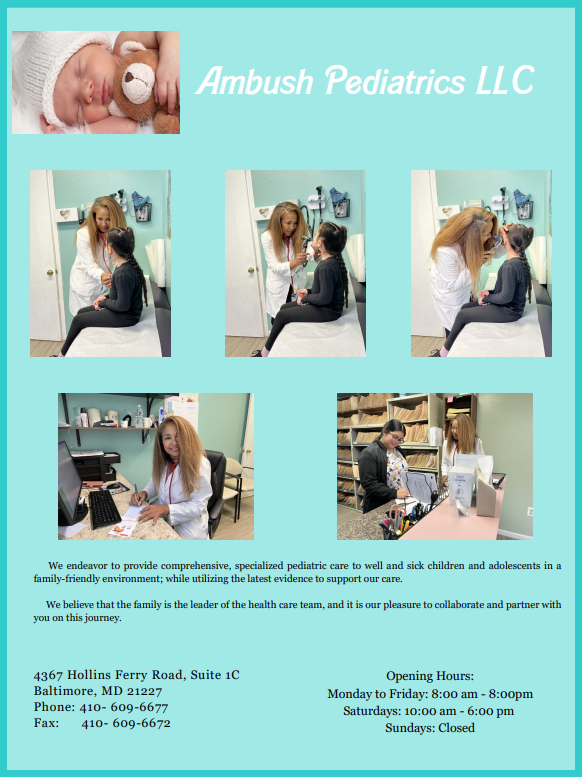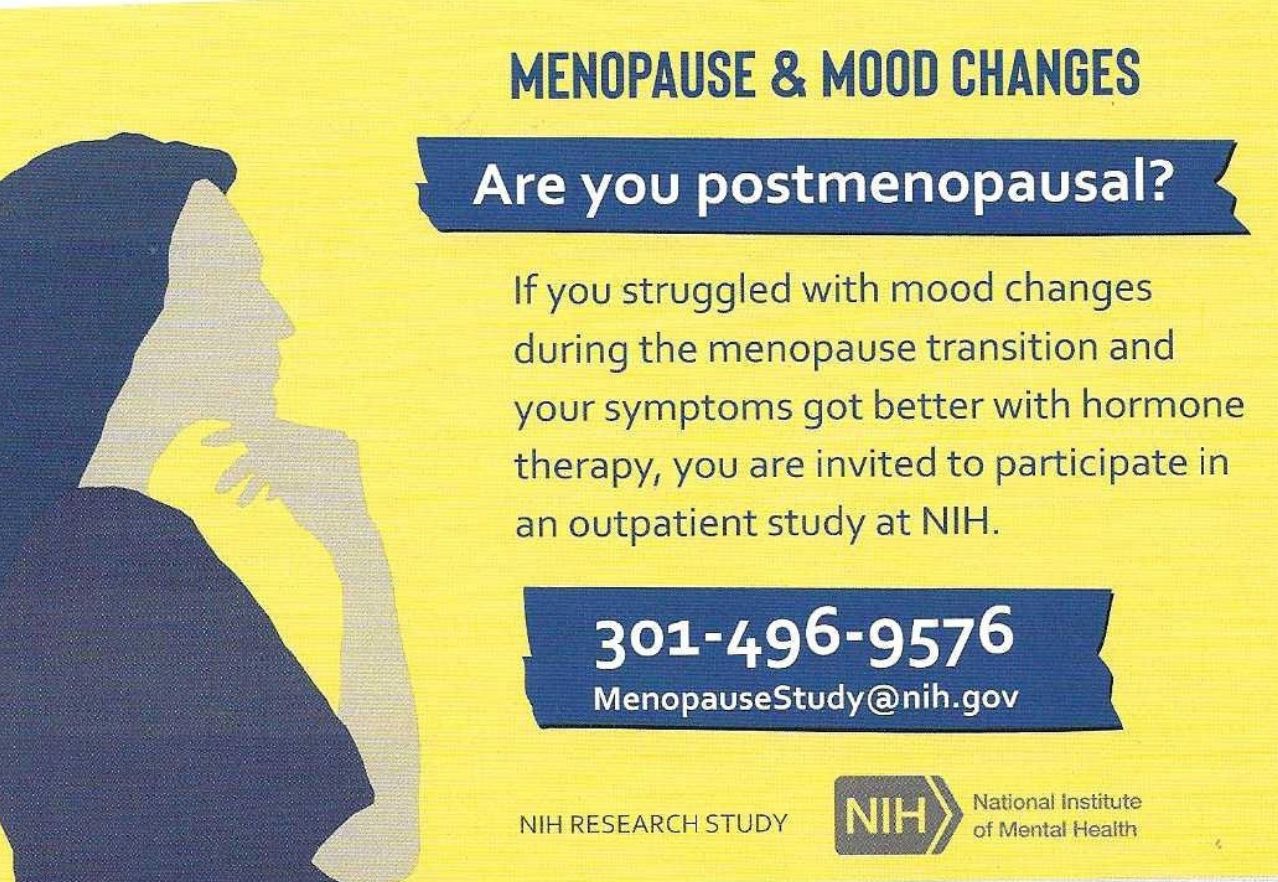Maryland Higher Education Commission (MHEC) News Brief
Need Money to Go to College?
Looking for “Near Completers” in Maryland
Did you get close to completing your college degree, but left college during the COVID pandemic?
The Maryland Higher Education Commission is looking for Maryland residents, known as “Near Completers,” who did not complete their program of study because of the pandemic, or for any other reason, and are now ready to return and complete their associate or bachelor’s degree.
Students must have completed at least 45 credit hours toward their associate degree and 90 credit hours toward their bachelor’s degree to qualify.
Near Completers who re-enroll at a community college will be eligible for up to one-third of the in-county tuition charge and Near Completers who re-enroll in a public four-year institution will be eligible for up to one-third of the in-state undergraduate tuition charge.
The Maryland Higher Education Commission is promoting the Near Completer Grant through a statewide media campaign including digital, radio, and television outreach.
For more information go to MHEC.Maryland.gov and click on Near Completer to learn more.
Governor Wes Moore Announces Program Helping Maryland Residents Pay Off Student Loan Debt
 Governor Wes Moore announced earlier this month that the Maryland Higher Education Commission has awarded nearly $9 million in 2022 tax credits to more than 9,000 Maryland residents who have incurred student loan debt.
Governor Wes Moore announced earlier this month that the Maryland Higher Education Commission has awarded nearly $9 million in 2022 tax credits to more than 9,000 Maryland residents who have incurred student loan debt.
“This program offers Maryland residents a critical advantage when looking for options to pay off student loan debt,” said Governor Moore. “These tax credits support student success through less debt.”
Nearly $50 million in tax credits have been awarded since the program originated in 2017. This year, more than 9,300 Maryland residents were awarded the tax credit in the amount of $966 each, totaling $8,996,358 in tax credits statewide.
Maryland taxpayers who have incurred at least $20,000 in undergraduate and/or graduate student loan debt and have at least $5,000 in outstanding student loan debt are eligible to apply for the Student Loan Debt Relief Tax Credit.
The tax credit will be claimed on the recipient’s Maryland income tax return when they file their Maryland taxes this year. If the credit is more than the taxes owed, they will receive a tax refund for the difference.
Under Maryland law, the recipient must submit proof of payment to the Maryland Higher Education Commission documenting that the tax credit was used for the purpose of paying down the qualifying student loan debt. To learn more about the program, go to https://mhec.maryland.gov/
Program Helping to Reduce Student Loan Debt for Maryland Nurses Pursuing a Doctoral Degree
The Maryland Higher Education Commission recently awarded $293,914 to seven Maryland nursing faculty members in an ongoing effort to increase the number of doctoral prepared nurse faculty in Maryland.
The seven nursing faculty are employed at five nursing programs across Maryland and were awarded the Nurse Educator Doctoral Grant for practice and dissertation research. The recipients will receive awards between $12,800 and $60,000 to expedite the completion of their terminal degree and reduce existing student loan debt.
While 19.3% of nurses hold a graduate degree, less than 2% have a doctoral degree. Nurses with doctorates are needed to teach future generations of nurses and to conduct research that becomes the basis for improvements in nursing science and practice. Research shows a critical need for an increase in highly educated nurses and an improved education system to address the nursing shortage expected to impact the state by 2025 through implementation of the following goals:
- Increase the proportion of nurses with a baccalaureate degree to 80%;
- Double the number of nurses with a doctorate;
- Ensure that nurses engage in lifelong learning; and
- Build an infrastructure for the collection and analysis of inter-professional data.
The deans and directors of nursing programs at two Maryland universities and three Maryland community colleges recognized and nominated nurse faculty for the awards.
- Howard Community College- 1 award
- Prince George’s Community College- 1 award
- Montgomery College- 1 award
- University of Maryland, Baltimore- 3 awards
- Washington Adventist University- 1 award
The annual process was instituted in 2012, with new nominations due every September. The program is recognized as effective in the retention of new nurse faculty. The findings of the most recent program evaluation indicate nine out of ten nursing faculty who received the Nurse Educator Doctoral Grant remained employed full time at a Maryland nursing program.
The Fiscal Year 2023 Nurse Support Program II grants were awarded by the Maryland Higher Education Commission, administrator for the Maryland Health Services Cost Review Commission.






